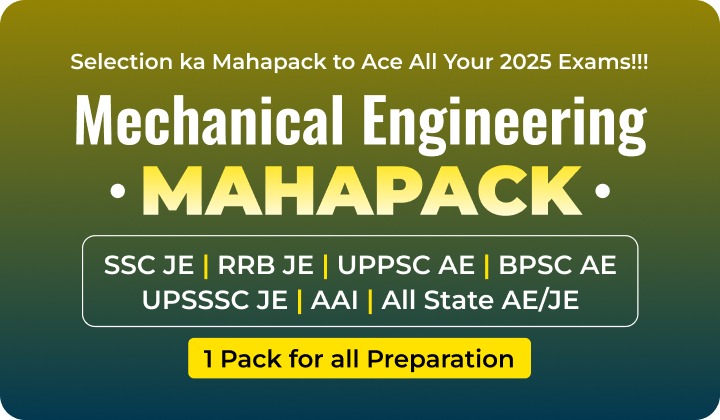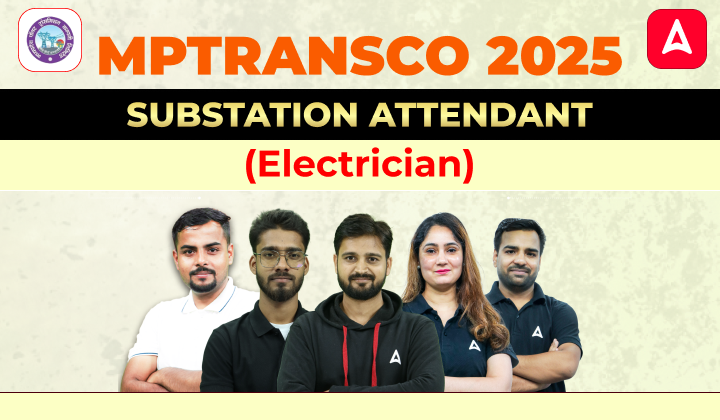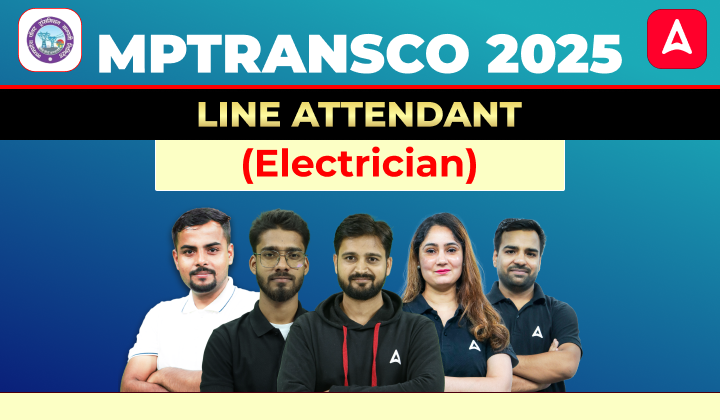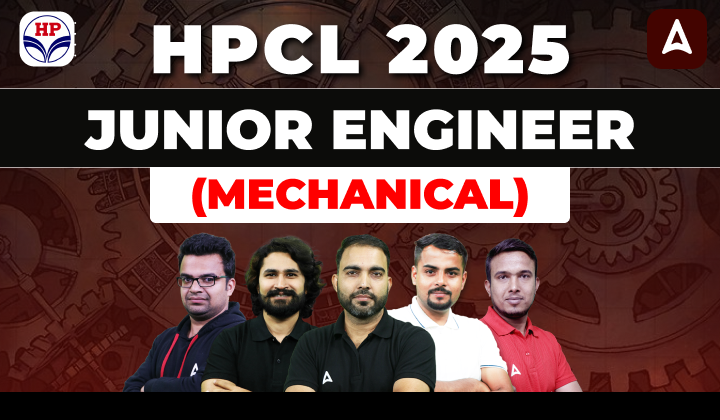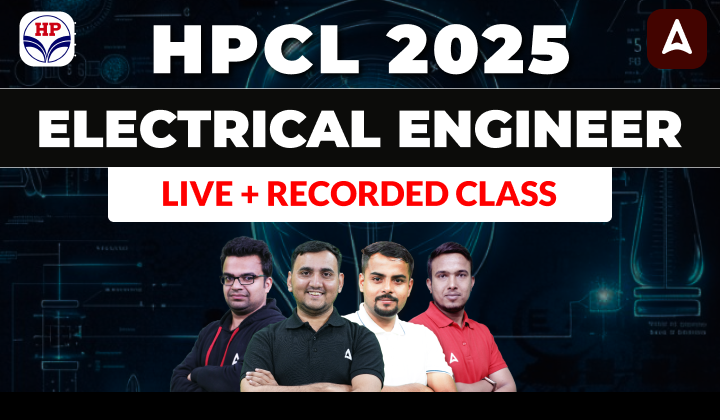Table of Contents
Choosing between a job in a Public Sector Undertaking (PSU) and a position as a Junior Engineer through SSC JE is a common dilemma for engineering graduates. Both options offer government-backed stability, decent pay, and respectable job roles—but they differ significantly in terms of work culture, career growth, selection process, and lifestyle. This article breaks down the key differences to help you decide which path aligns better with your career goals and personal preferences.
Understanding PSU and SSC JE: What’s the Difference?
Before choosing between a PSU job and SSC JE, it’s important to understand what each opportunity offers.
Public Sector Undertakings (PSUs) are government-owned corporations like BHEL, ONGC, NTPC, and GAIL. They primarily recruit engineers through the GATE exam, though some conduct their own tests. PSU roles are usually technical and project-based, with job profiles varying across energy, infrastructure, oil, and manufacturing sectors. These roles often feel like a bridge between private sector efficiency and government job security.
On the other hand, SSC JE (Junior Engineer) is a Group ‘B’ non-gazetted central government post, recruited through a dedicated SSC exam. JE officers work in various departments like CPWD, MES, BRO, and railways, where the focus is more on public works, maintenance, and infrastructure development. The job involves regular field inspections, managing government projects, and ensuring timely execution under set rules.
SSC JE AND PSU- Eligibility Criteria
The eligibility criteria for SSC JE and PSU jobs differ significantly, especially in terms of exams accepted and academic requirements.
| Criteria | SSC JE | PSU (via GATE) |
| Educational Qualification | Diploma or Degree in Civil, Electrical, or Mechanical | B.E./B.Tech in relevant discipline (some accept M.Tech) |
| Exam Required | SSC JE Exam conducted by Staff Selection Commission | GATE score (few PSUs conduct their own exam/interview) |
| Accepted Streams | Civil, Electrical, Mechanical | Varies by PSU – includes CE, ME, EE, ECE, IN, CH, etc. |
| Age Limit | 27 to 32 years (varies by department) | Generally 26 to 30 years (relaxation for reserved categories) |
| Final Year Students Eligible? | Yes (if degree/diploma completed before document verification) | Yes (if eligible to produce degree at time of joining) |
| Minimum Marks Requirement | Usually no minimum marks criteria | Usually 60% marks in graduation (varies by PSU) |
PSU vs SSC JE Exam: Which Path Is Tougher?
Both PSU recruitment (mainly through GATE) and the SSC JE exam are highly competitive, but the level of difficulty varies based on the syllabus, preparation strategy, and selection stages.
| Criteria | PSU (via GATE) | SSC JE |
| Exam Type | Single-stage (GATE score) + Interview/GD (in some PSUs) | Two-stage: Paper 1 (Objective) + Paper 2 (Subjective) |
| Syllabus Focus | Core technical subjects, Engineering Maths, Aptitude | Technical subjects + Reasoning, General Awareness |
| Question Difficulty | High – Concept-heavy and numerical | Moderate – Conceptual and factual mix |
| Selection Ratio | Very Low (Top 1–2% GATE scorers shortlisted) | Competitive, but wider intake range |
| Weightage of Technical Knowledge | 70–85% | 60–70% |
| Exam Pattern | Highly technical, deep analytical focus | Mixed pattern with technical and non-technical sections |
| Paper Type | Computer-based, Objective (MCQ + NAT) | Paper 1: Objective, Paper 2: Descriptive (technical) |
| Preparation Time Needed | Longer – Requires detailed subject mastery | Moderate – Balanced between technical & non-technical areas |
SSC JE and PSU- Application fees
When it comes to applying for SSC JE and PSU jobs, the application fees and mode of payment vary depending on the recruiting body.
| Criteria | SSC JE | PSUs (via GATE or Separate Exam) |
| Application Fee (General/OBC) | ₹100 | ₹300 – ₹500 (varies by PSU) |
| Fee for SC/ST/PwD/Women | Exempt (₹0) | Mostly Exempt / Reduced (varies by organization) |
| Mode of Payment | Online: Debit/Credit Card, Net Banking, UPI | Online: Debit/Credit Card, Net Banking, UPI |
| Refundable Fee | No | No |
| Same Fee for All PSUs? | Not Applicable | No – Each PSU sets its own fee structure |
| Frequency of Payment | Once per SSC JE cycle | Separate fee for each PSU application |
Salary Structure and Perks: Who Pays Better?
One of the most important factors for engineering aspirants choosing between PSU and SSC JE jobs is the salary and perks offered. While both provide job stability and decent compensation, there are clear differences in the pay structure and additional benefits.
| Criteria | PSU (via GATE) | SSC JE |
| Basic Pay | ₹60,000 – ₹70,000 (approx.) | ₹35,400 (Level-6 as per 7th CPC) |
| In-Hand Salary | ₹90,000 – ₹1,20,000/month (including perks) | ₹50,000 – ₹60,000/month (including allowances) |
| Annual CTC | ₹12 – ₹15 LPA (varies by PSU) | ₹6 – ₹7.5 LPA (depending on location) |
| Allowances | HRA, DA, Medical, Transport, Performance Bonus | HRA, DA, Transport, Medical |
| Housing Benefits | Company-provided housing or HRA | Government quarters (subject to availability) or HRA |
| Incentives/Bonuses | Performance-linked incentives, annual bonus | No performance bonus; standard govt. benefits only |
| Retirement Benefits | PF, gratuity, pension (varies by PSU) | NPS (National Pension System), gratuity |
| Work-Life Balance | Moderate to high workload (project dependent) | Generally better with fixed timings and fewer pressures |
Growth Opportunities and Promotions: Long-Term Outlook
When it comes to long-term career growth, both PSU and SSC JE jobs offer stability—but the pace and nature of promotions differ significantly.
In PSUs, career progression is often tied to performance, experience, and internal assessments. Engineers typically join as Graduate Engineer Trainees (GETs) or Assistant Engineers, and with regular promotions, they can move up to positions like Deputy Manager, Manager, General Manager, and Executive Director. Promotions are based on annual appraisals and availability of vacancies. Some PSUs also offer opportunities to switch to corporate or international roles, especially in larger organizations like ONGC or BHEL.
On the other hand, SSC JE career growth is more structured and seniority-based. A Junior Engineer can be promoted to Assistant Engineer, then to Executive Engineer, and eventually to Superintending or Chief Engineer over the course of their career. Departmental exams and service tenure play a key role in promotions. While the pace is generally slower compared to private or semi-corporate setups, the job security and predictable hierarchy make it attractive for many.




 What is the Life After Clearing SSC JE E...
What is the Life After Clearing SSC JE E...
 Top 8 Engineering Colleges in Pune 2025,...
Top 8 Engineering Colleges in Pune 2025,...
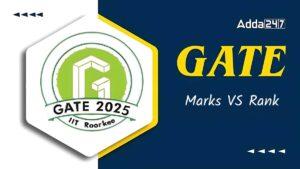 GATE Marks Vs Rank 2025, Know How to Cal...
GATE Marks Vs Rank 2025, Know How to Cal...


